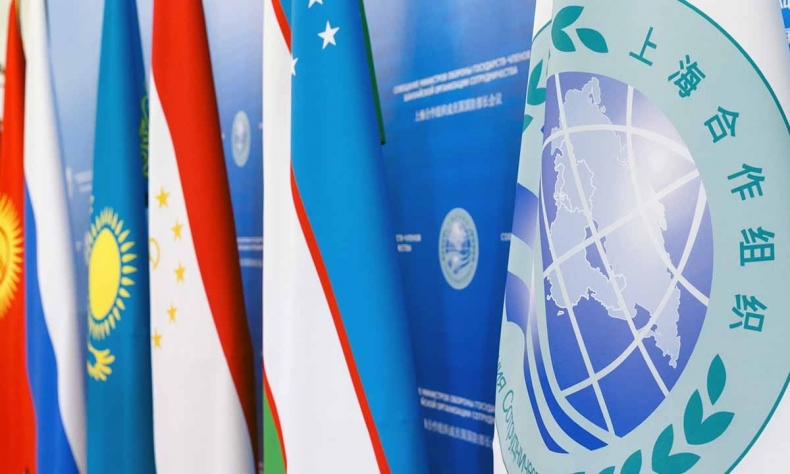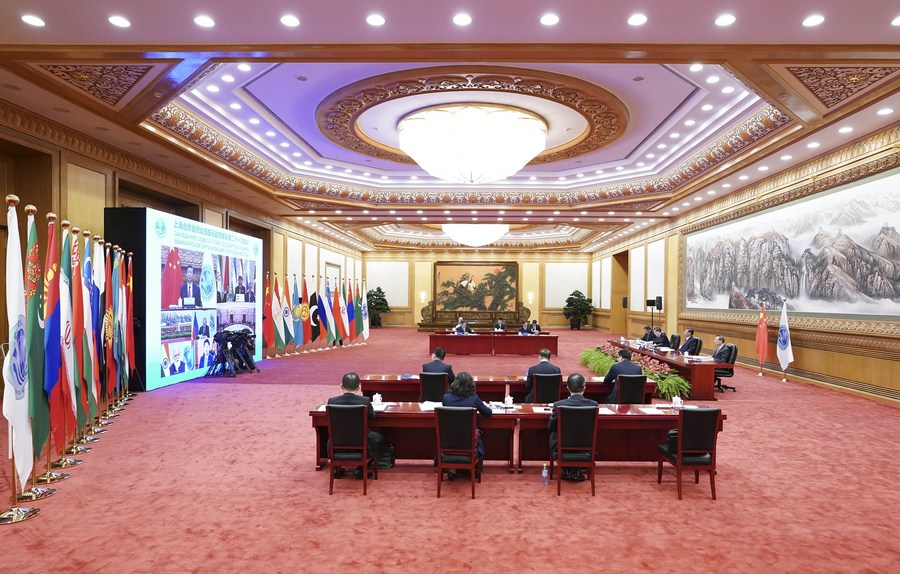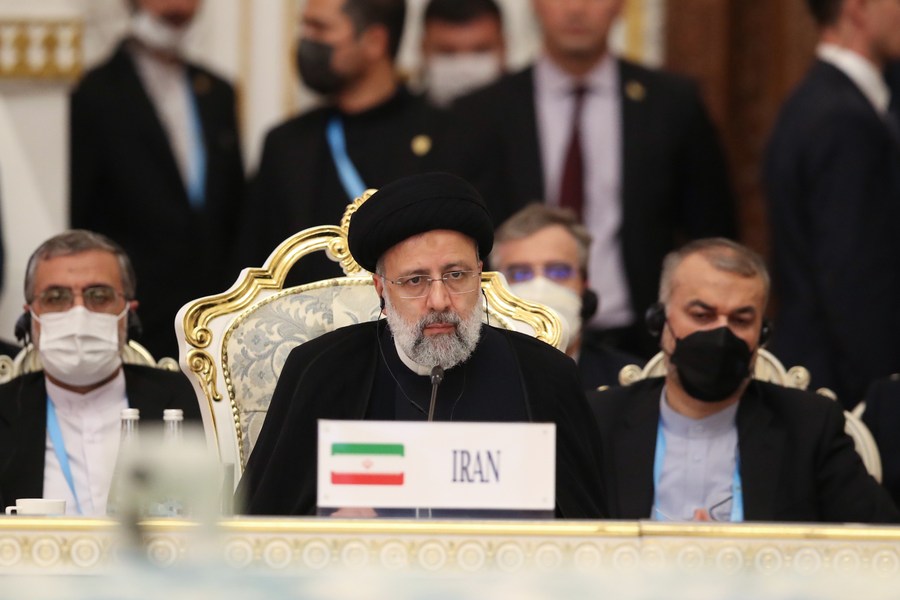The 21st SCO Summit: A Historic Meeting for the Regional Cooperation

The SCO is charting a blueprint for Central Asian countries based on their unity and consensus.
The 21st meeting of the Council of Heads of State of the Shanghai Cooperation Organisation (SCO) with a combined summit of the Collective Security Treaty Organisation (CSTO) was held on September 17 in Dushanbe, Tajikistan where leaders of full-member states, observer states, and dialogue partners were present.
This summit was undoubtedly historic in a number of ways as the situation in Afghanistan was the main topic of discussion. SCO which is primarily an initiative by China and CSTO by Russian Federation has made the summit important in terms of building stronger consensus on Afghanistan and changing security situation. SCO has completed its two decades of existence and entered into the third decade.
The SCO also announced at the summit the beginning of the process to admit Iran as a full-member state, another important move to enlarge this regional organization. Apart from these significant pathways, meetings offered leaders to hold bilateral sideline meetings to promote cooperation in trade, energy, and infrastructure in the region. A Joint Declaration was announced at the end of the Summit. For 2021-2022, Uzbekistan will chair the SCO and is currently preparing for the summit next year.
President Xi Jinping and President Putin joined the meeting via video-link, addressing the issues of the region from diverse dimensions. Among these issues, one common cause is to maintain peace and stability in Afghanistan through cooperation. President Xi highlighted the importance of staying true to the Shanghai Spirit with which SCO was established. China has always supported to work together with others on regional issues and challenges through multilateral mechanisms.

As 20 years have passed, there has been tremendous development in the world and profound reshaping of the global governance system. The Shanghai Spirit based on mutual trust, mutual benefit, equality and consultation, diversity of civilization, and common development, has promoted the development of the SCO. Over the past two decades, the SCO has remained faithful to its origin and played an increasingly important role in regional cooperation.
After the US withdrawal from Afghanistan, this summit was much anticipated especially with recent regular contacts and meetings held amongst countries to deliberate the possible regional approach towards Afghanistan. Currently, a looming humanitarian crisis is brewing in Afghanistan after the Taliban took over the country. The SCO member states are wary of the refugee influx, potential militant threats, and security situation emanating from this war-torn country. It is important to note that there is an Afghanistan Contact Group within the SCO. During the meeting of CSTO earlier, the leaders have agreed to collectively work on neutralizing the potential threats in the organization’s regional space. There is also a clear response on refugee placement as unacceptable to the countries as a result of the fear of potential terrorist threats.
The process to accept Iran as a permanent member state in SCO has begun after the approval from the heads of state during this important summit. Iran joined SCO in 2005 as an observer member but could not be qualified for full membership amid the UNSC-led sanctions. The formal accession may take some time but it is a welcoming sign to extend Iran full membership in many ways. Iran shares borders with SCO states and shares linguistic, religious, and cultural affinities with neighboring member states of SCO. Its political stakes in Afghanistan, Tajikistan, and Pakistan give it a significant position to act as a net security facilitator in the region.

Recently Iran has also signed a comprehensive cooperation agreement with China. It is pertinent to consider that Iran operates Chabahar port closer to Gwadar port of Pakistan, a core transit point of CPEC and BRI at large. In this position, Iran can play an active role in comprehensive cooperation for peace and development in the region. Permanent membership of Iran in SCO will help further denounce the unilateral approach of some countries to impose threats and sanctions for political gains. Iranian presence will further strengthen the entire organization with a significant impact on regional peace, security, and development.
Apart from two strategically important agenda points i.e. Iran and Afghanistan, this summit deliberated upon several policy documents including signing of the joint declaration, five agreements, memorandums, and a strategy paper approved by the SCO Council of Heads of States. The foremost includes the joint advisory plan 2021-23 to overcome the adverse effects of coronavirus on the socioeconomic conditions of member countries. The council further approved to strengthen the mechanism for security, to combat new threats and challenges followed by the establishment of the Green Belt and Road.
Apart from authorizing the process of accession to Iran, a formal process of Dialogue Partner status for Qatar, Egypt, and Saudi Arabia began.
The SCO is charting a blueprint for Central Asian countries based on their unity and consensus. Thus, the summit provided the mechanism and opportunity to participant nations for long-term cooperation on shared future.
 Facebook
Facebook
 Twitter
Twitter
 Linkedin
Linkedin
 Google +
Google +




